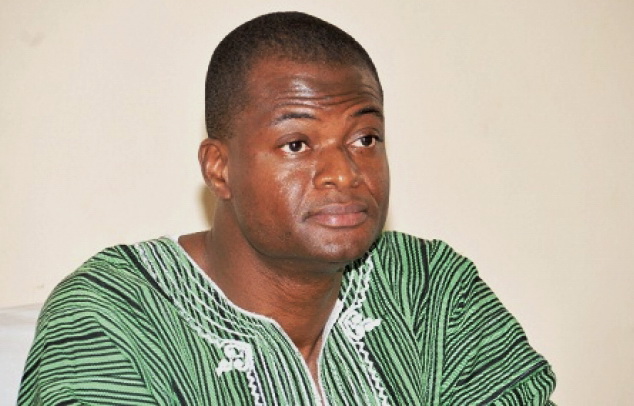
What are The Eleven (11) Meanings of what the Supreme Court said in the Abu Ramadan Case last week?
Article Index
The Supreme Court has spoken again on the Abu Ramadan and Evans Nimako case, and once more there are several interpretations being given to it. Politics really does something to us, you know.
Advertisement
The two gentlemen returned to the Supreme Court last week seeking clarifications on the meaning of the Court’s earlier judgment of the 5th of May 2016 and for some further directions. In response to that request, the Supreme Court issued some initial orders. In this article I seek to answer two simple questions: What did the Supreme Court say, in other words, what Orders did the Supreme Court make on the 23rd of June, 2016? And what is the meaning (or interpretation) of what they said?
As there are many representations of what the Orders are that the Supreme Court made, and since the Orders are not particularly long, they should be quoted in full here:
“In view of the submissions so far made by the main parties to this application, namely, the Plaintiffs/Applicants and the first Defendant/Respondent (EC), it is hereby ordered as follows:
1. That the EC should submit in writing to this Court, the full list of persons who the Commission admitted before this Court, had utilised NHIS cards to register, as per their registration forms which are in the exclusive custody of the Commission.
2. That the EC should clearly set out in writing, the steps or modalities that the Commission intends to take in order to ensure full compliance with the Courts order made in the action herein on 5th May, 2016, contained in the judgment of the Court whereby it was ordered that the Commission “takes steps immediately to delete or “clean” the current register of voters to comply with the provisions of the 1992 Constitution and applicable laws of Ghana” and also to afford such affected persons the opportunity to re-register.
3. The two orders above ie. (i) and (2) are to be complied with by the Commission on or before 29th June, 2016.
Consequently, this matter stands adjourned to the 30th of June, 2016 at 1 pm.”
This is an exact reproduction from a certified true copy of the Orders given that day and should suffice to meet the first objective of this article.
My second and last objective is to briefly illustrate the eleven (11) meanings of these Orders of the Supreme Court, and these are summarised as follows:
1. The Supreme Court ignored the incompetence of the application before it and proceeded to take on the case, as it is entitled to do.
2. The Supreme Court made fresh orders, which were not based on the application before it, as it is entitled to do.
3. The Supreme Court has, AS OF TODAY, not granted the request of the Plaintiffs for a clarification of the judgment of the 5th of May, although it may do so later.
4. The Supreme Court is more focused on NHIS card registrants than on dead persons, minors, and other “undesirable” names on the Register, though the latter categories are far greater in number.
5. The Supreme Court misunderstood the response of the Electoral Commission (EC) to the effect that it can identify NHIS registrants on the Register to mean that it has, or can easily produce a list of NHIS registrants.
6. There are four possible reliefs the Plaintiffs may receive from the Supreme Court this time round.
7. The Supreme Court DID NOT, AND CANNOT ORDER THE AUTOMATIC DELETION of the names of NHIS registrants from the Voters Register.
8. The Supreme Court is poised to grant a two-stepped relief, out of the four possible reliefs they may give.
9. The Supreme Court again underlined the constitutional independence of the Electoral Commission.
10. On issues of pure politics, and going by which party appointed them; the way they have historically voted on political issues; and their posture and voting pattern during the Election Petition Case of 2012; and in the case of a non-unanimous decision, the majority of the current panel of the Supreme Court will likely rule in favour of the stance preferred by the New Patriotic Party (NPP) in this case and the minority for the stance of the National Democratic Congress (NDC).
11. Finally, the Supreme Court disapproves of judges making Public Comments on cases.



